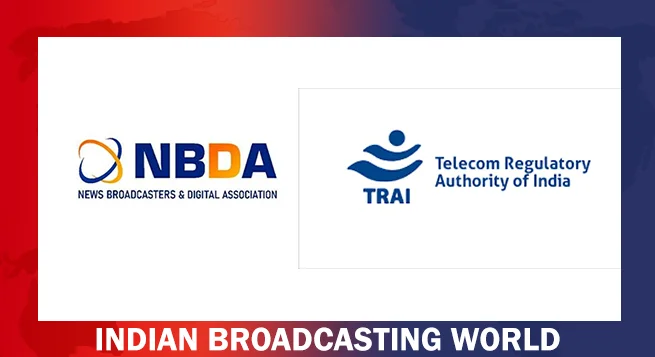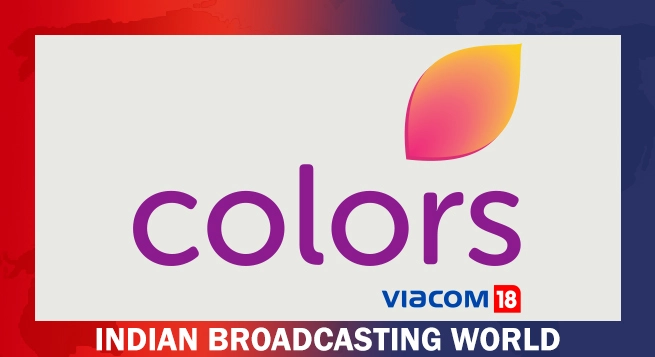The Indian government on Wednesday approved a proposal to conduct 5G spectrum auction by July-end, while stating that part of the bandwidth would be reserved for private captive networks to spur a new wave of innovations.
Until now, according to Reuters, India’s telecoms services have been run by specialist companies in a market dominated by Vodafone Idea, Bharti Airtel Ltd and Reliance Industries Ltd’s Jio (all part of the telecom group Cellular Operators Association of India or COAI).
All three private sector firms are expected to participate in the new auction but, under the proposal approved on Wednesday, tech companies will also be able to bid for bandwidth for networks for their private use — a proposal that has split the industry.
India is the world’s second-biggest wireless market with over a billion subscribers.
The government aims to begin the rollout of 5G — which it says can provide data speeds about 10 times faster than 4G and is seen as vital for emerging technologies like self-driving cars and artificial intelligence — by spring 2023.
The government approved a recommendation from its telecom watchdog to set a base price of Rs. 3.17 billion ($40.6 million) for prime 5G spectrum, a sum previously described as too high by telecom lobby group COAI.
Auction winners will be able to pay in 20 equal annual installments, the government said in a statement.
Private 5G networks mirror public 5G, but connectivity is limited to a dedicated space such as a factory, a port or a campus, where 5G’s security and ultra-low latency can be fully utilised in additional services.
The move to allow private private 5G networks has split two influential industry bodies: COAI, which represents telecoms firms, and Broadband India Forum (BFI), which represents tech companies like Amazon, Google and Facebook.
COAI has argued that private networks will “diminish the revenue so much that there will be no viable business case left for the telecom service providers”.
BFI has labelled the idea of revenue loss a “misconception” and said more business activity will lead to companies spending more on external communications, the Reuters report said.
Meanwhile, the official government statement stated that a total of 72097.85 MHz of spectrum with a validity period of 20 years will be put to auction. The auction will be held for spectrum in various low (600 MHz, 700 MHz, 800 MHz, 900 MHz, 1800 MHz, 2100 MHz, 2300 MHz), mid (3300 MHz) and high (26 GHz) frequency bands.
“The spectrum auction will be benefitted by the Telecom Sector Reforms announced in September, 2021. The reforms include zero Spectrum Usage Charges on the spectrum acquired in the upcoming auction, providing a significant relief to the service providers in terms of the operating cost of telecom networks. Further, the requirement of submitting a financial bank guarantee equivalent to one annual instalment has also been done away with,” the statement added.
The bidders would be given an option to surrender the spectrum after 10 years with no future liabilities with respect to balance installments.
The availability of sufficient backhaul spectrum is also necessary to enable the roll-out of 5G services. To meet the backhaul demand, the government has decided to provisionally allot two carriers of 250 MHz each in E-band to the telecom service providers and to double the number of traditional microwave backhaul carriers in the existing frequency bands of 13, 15, 18 and 21 GHz bands.
 Prime Video to limit in India number of TV sets having access per subscription
Prime Video to limit in India number of TV sets having access per subscription  Delhi HC orders meta to remove deepfake videos of Rajat Sharma
Delhi HC orders meta to remove deepfake videos of Rajat Sharma  Govt. blocked 18 OTT platforms for obscene content in 2024
Govt. blocked 18 OTT platforms for obscene content in 2024  Broadcasting industry resists inclusion under Telecom Act
Broadcasting industry resists inclusion under Telecom Act  DTH viewing going down & a hybrid ecosystem evolving: Dish TV CEO
DTH viewing going down & a hybrid ecosystem evolving: Dish TV CEO  Abhishek Singh Rajput shines in ‘Swipe Crime’ on MX Player
Abhishek Singh Rajput shines in ‘Swipe Crime’ on MX Player  Farhan Akhtar’s ‘120 Bahadur’ to hit theatres on November 21, 2025
Farhan Akhtar’s ‘120 Bahadur’ to hit theatres on November 21, 2025  COLORS announces 2025 lineup
COLORS announces 2025 lineup  Sony YAY! announces holiday wishes from Toon-Town this Christmas
Sony YAY! announces holiday wishes from Toon-Town this Christmas  8Bit Creatives partners with ESFI to elevate WAVES esports championship 2025
8Bit Creatives partners with ESFI to elevate WAVES esports championship 2025 








